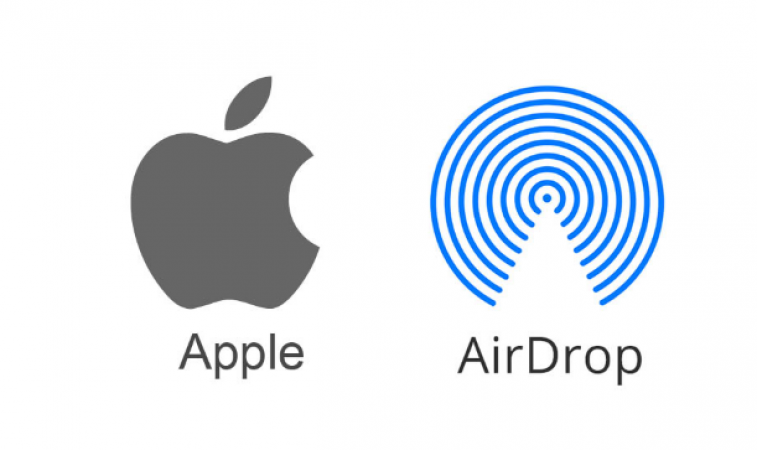
BEIJING: Apple has restricted the use of the AirDrop wireless file-sharing feature on iPhones in China, after protesters used the system to distribute images to other iPhone owners.
Files like photos, documents, and videos can be quickly transferred between Apple devices using AirDrop. The latest version, iOS 16.1.1, released Wednesday, limits users' ability to receive files from people who haven't been in touch for 10 minutes.
The time involved was not constrained by prior choices. Users had the option of receiving files from anyone, from anyone, or only from their contacts.
Also Read: Online sales of PS5 is starting on 11 November in India
The system goes back to the state where files can only be recovered from contacts after the 10-minute time limit has passed. This means that without the feature being actively turned on in the past few minutes, people will not be able to receive AirDrop transfers from a stranger. This makes it more difficult for anyone to secretly reach people and distribute content.
On Chinese market iPhones, Apple replaced the AirDrop functionality. The change was made as a result of protesters using the service to circulate posters criticizing Xi Jinping and the Chinese government.
Over the past three years, the use of airdrops to evade China's strict online censorship has been well documented, and has recently received new attention.
Apple declined to comment on the reasons for introducing the change in China, but said the new AirDrop setting will be made available globally in the coming year. According to the company, the goal is to reduce unwanted file sharing.
Also Read: Infinix Zero 5G 2023 introduced
However, the Cupertino, Calif.-based tech giant has previously come under fire for changing iPhone features to placate the Chinese government.
For example, the iPhone maker came under fire in 2019 for blocking users in Hong Kong or Macau from accessing the Taiwanese flag emoji.
Additionally, it eliminated VPN apps, which are often used to get around a country's Internet firewall. In China, which is the world's largest smartphone market, many of Apple's services are also unavailable, including Apple TV+, the iTunes Store, Premium Podcasts, Apple Books, and Apple Arcade.
China is struggling more and more to overcome social unrest. Anti-government slogans were raised in cities such as Beijing ahead of an important meeting of the Communist Party last month.
Also Read: Silk Road Darknet Debacle Recovered Over 50,000 BTC Worth Over $1 Billion
Airdrops were used by activists at pro-democracy demonstrations in Hong Kong to broadcast their political demands. Over the weekend, China vowed to uphold its strict Covid Zero policy, hoping Beijing would loosen restrictions after its party congress.